Psychiatry Blog
Discussing topics like how to find a psychiatrist, psychiatrist vs. counselor, what is psychotherapy, and much more.
Our blog is meant to provide information and answers to common questions in psychiatry, cognitive behavioral therapy, mental illness, mental health professionals, talk therapy, psychologists, substance abuse, and anything else that would be helpful to those seeking mental health information. Knowing how to find a good psychiatrist, and what a licensed psychiatrist is will help you in your search.








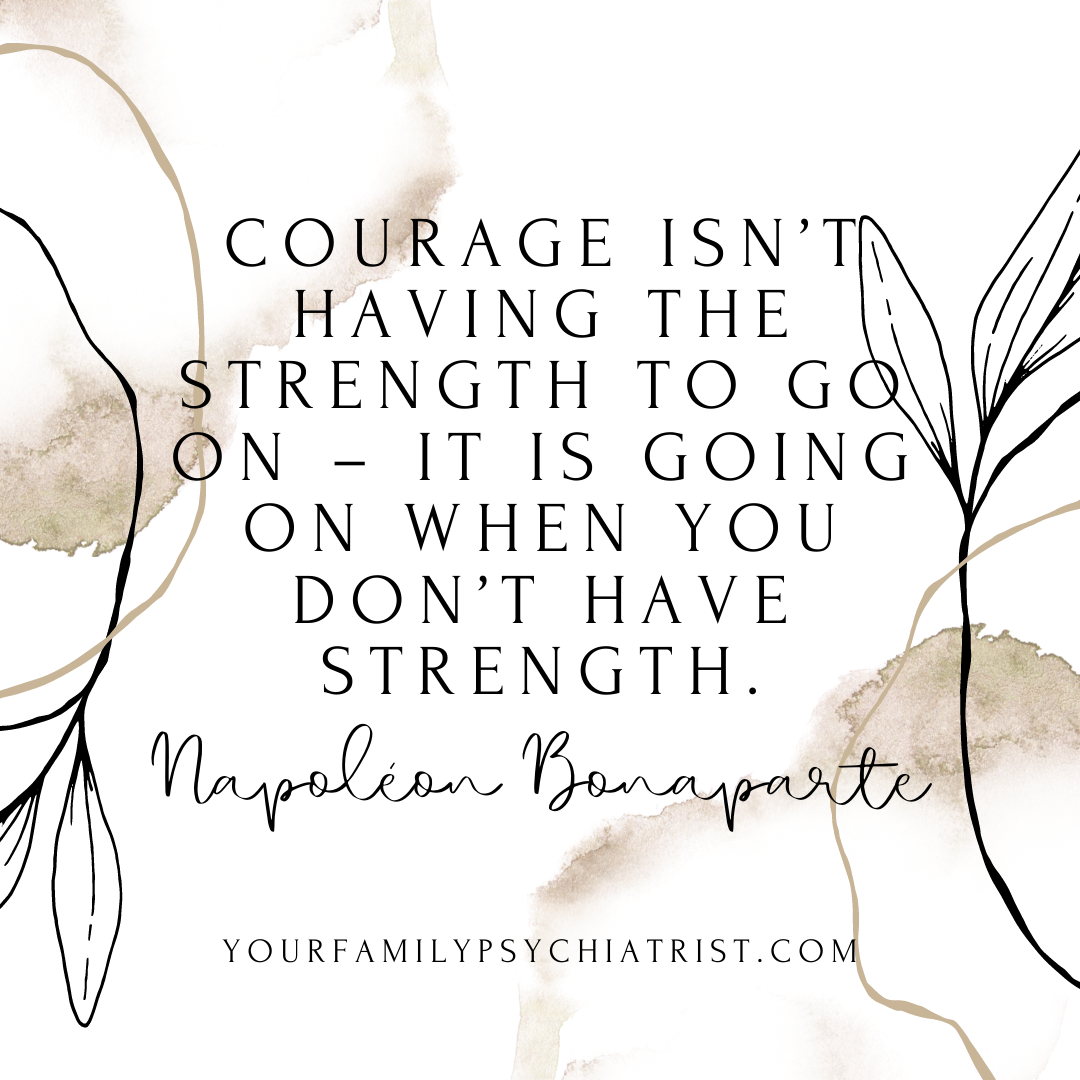
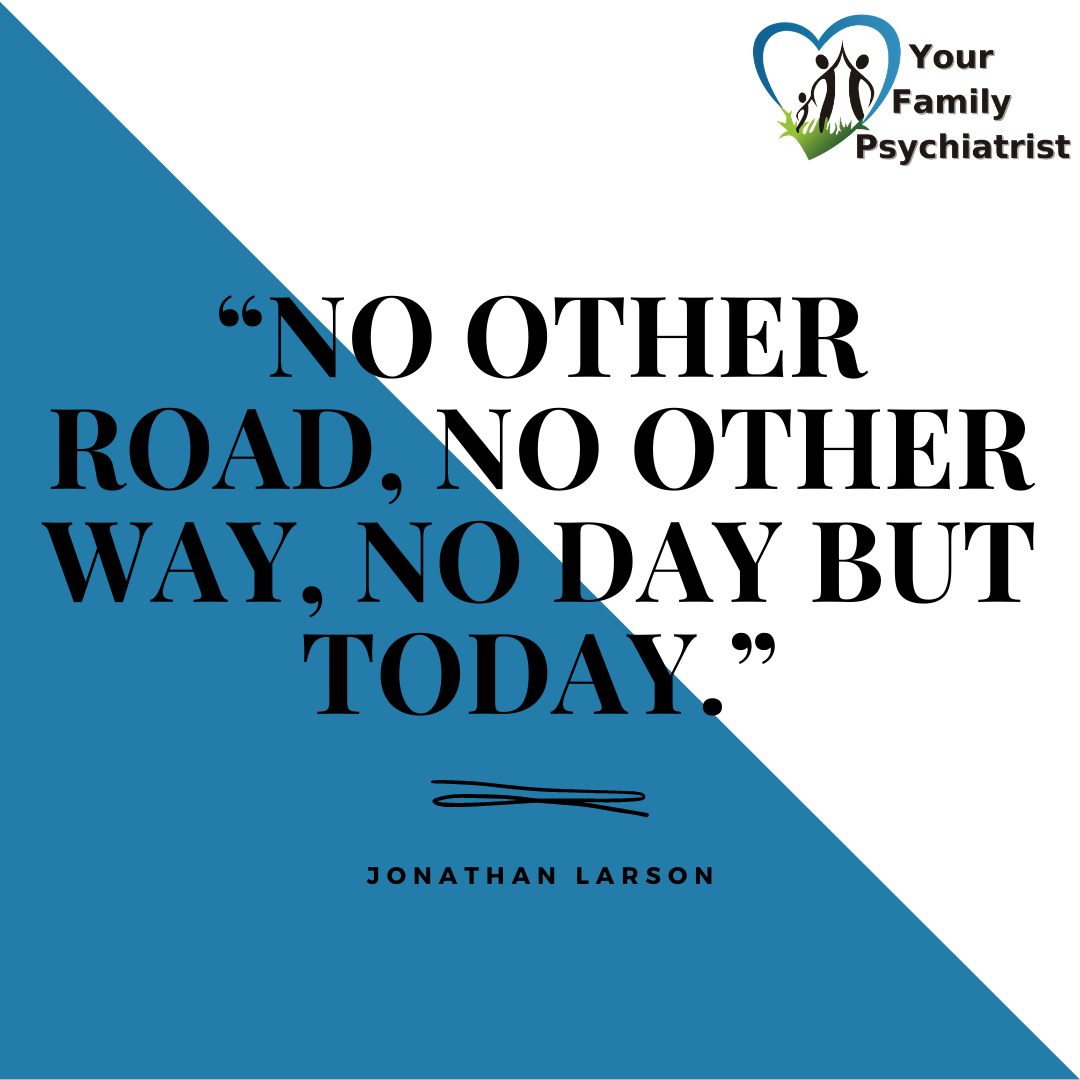
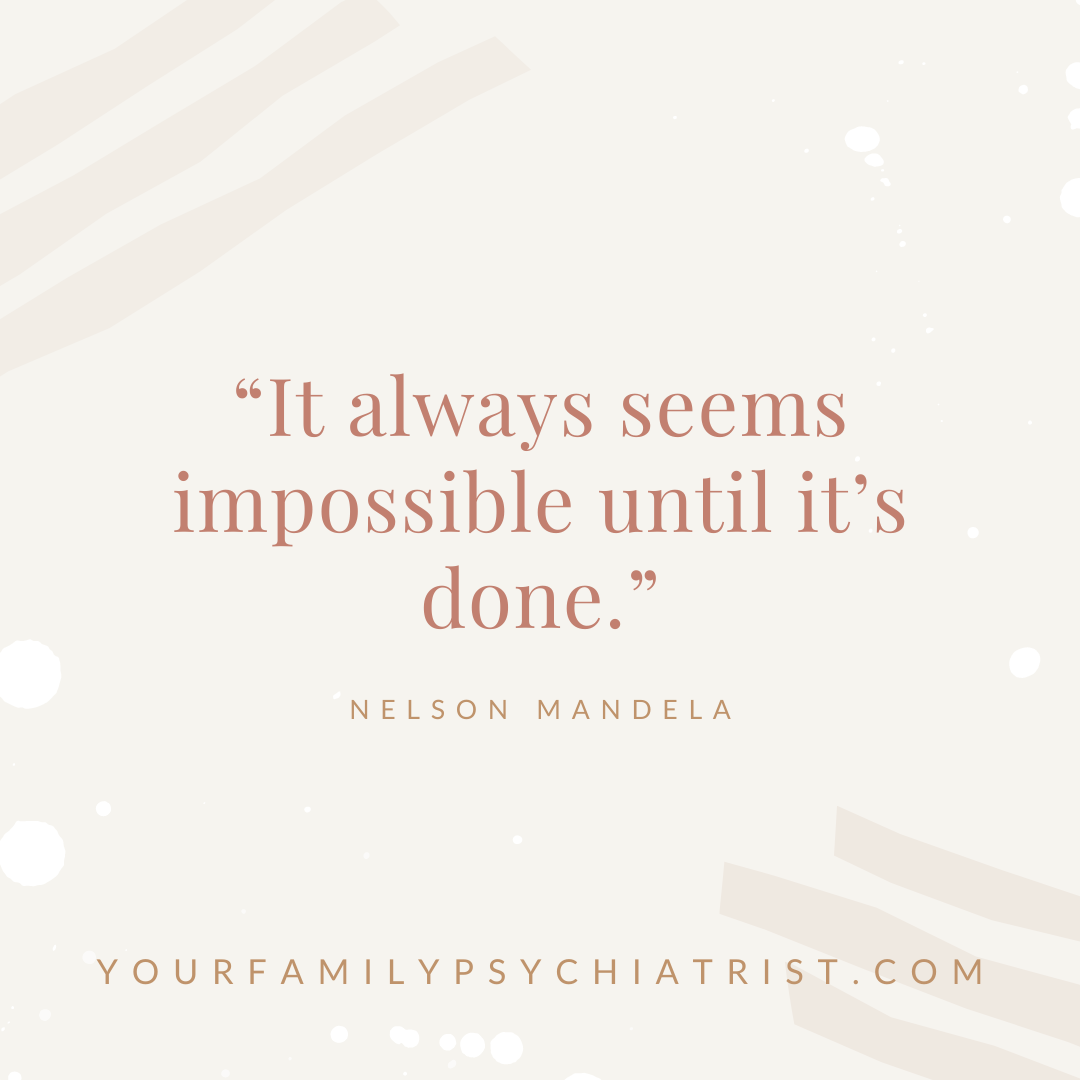
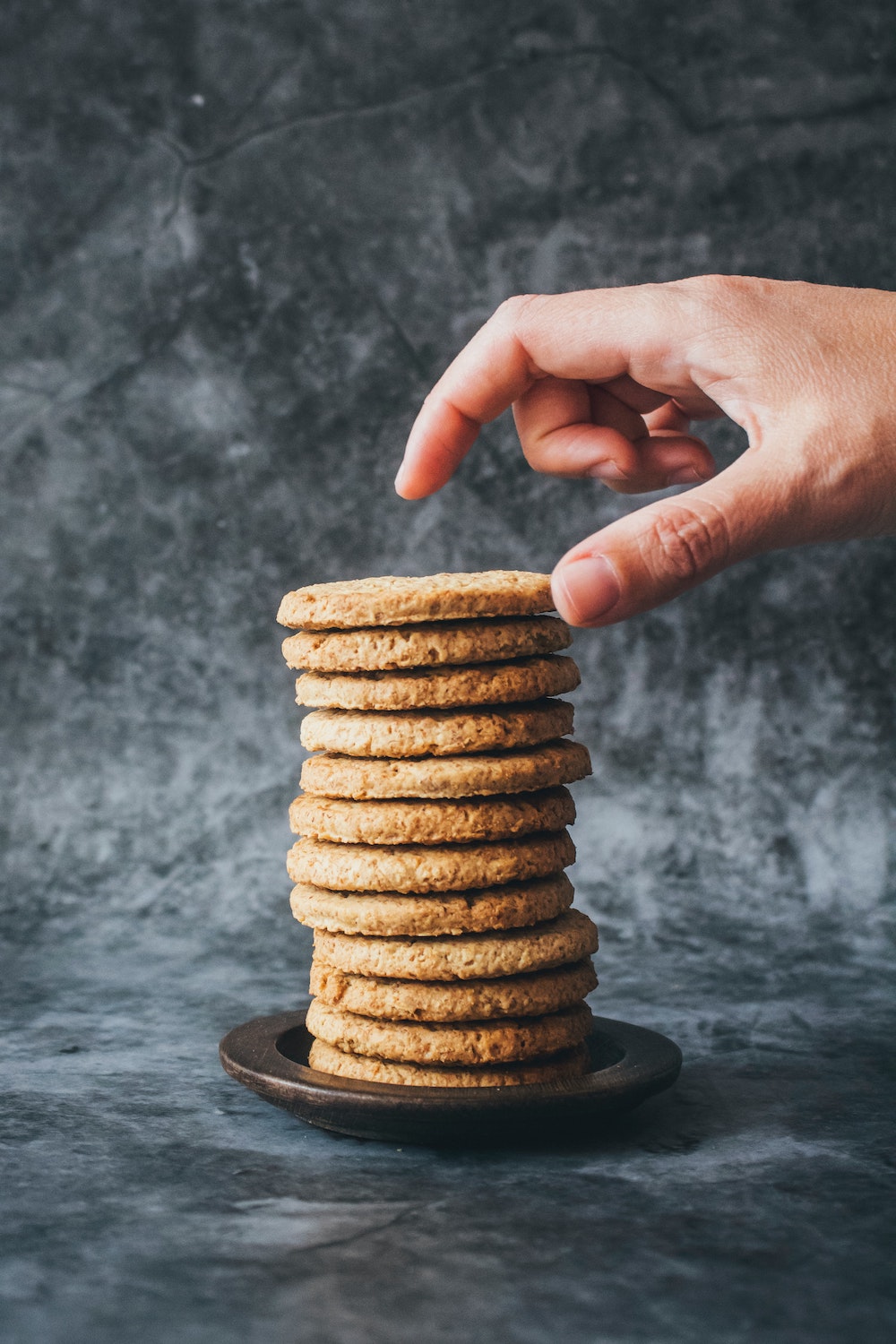
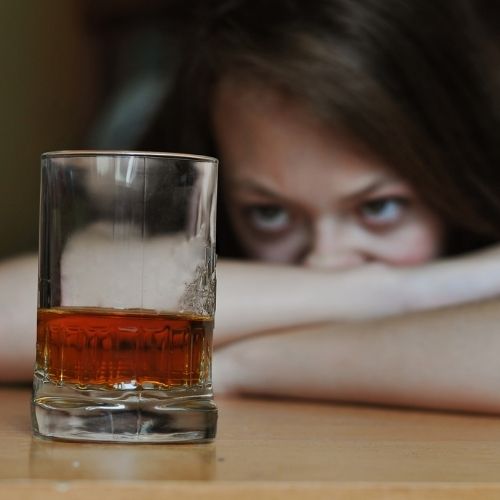

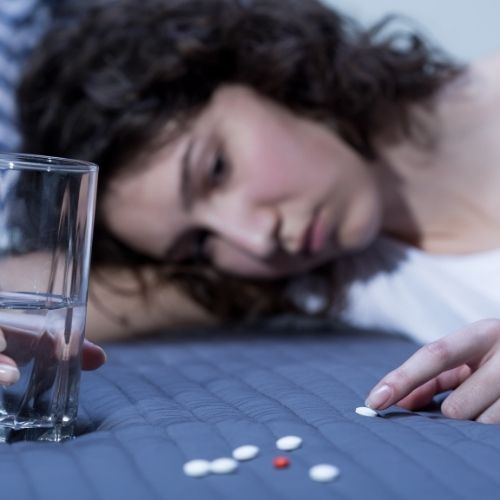
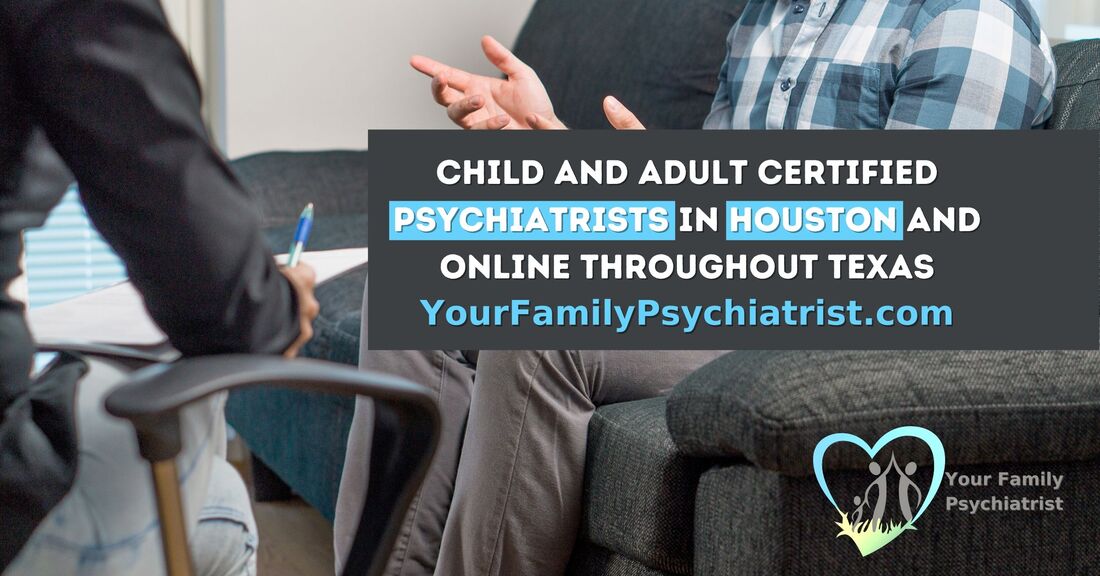
 RSS Feed
RSS Feed